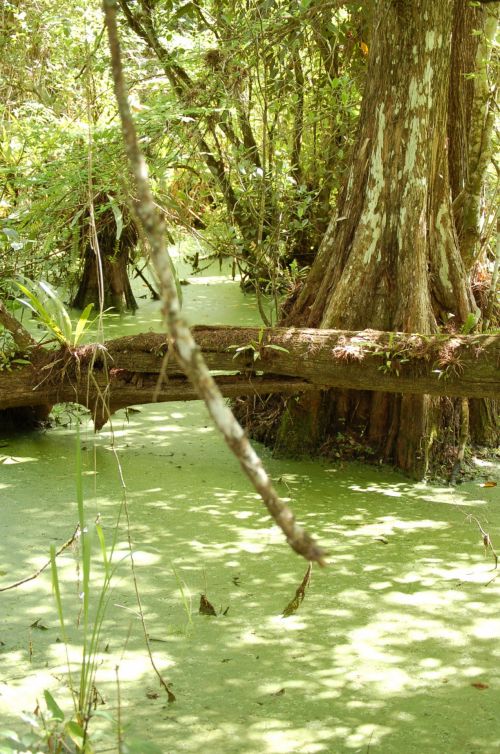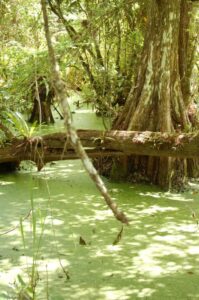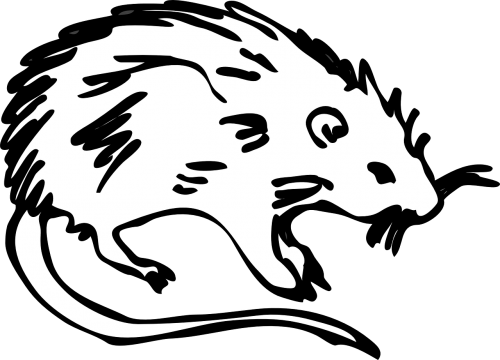
Human/wildlife interraction
► It is generally recommended that humans not interact with wild animals unless it cannot be avoided. Oftentimes, human intervention is the worst thing we can do.
As development increases, these wild animals have less and less habitat in which to live and it pushes the wildlife into areas they have not previously been found, including areas inhabited by humans.
► Always avoid handling wildlife, especially raccoons. If you feel that young wildlife has been abandoned, there are things you can do to monitor the nest without having to handle the animals. More than likely, mom is away from the nest temporarily and will return. Please refer to the various links provided to learn more about what to do and what to avoid.
► Animal Services is here to help, but please understand that we can not remove healthy wildlife. This does not fall within our realm of responsibility, and we are not equipped to deal with certain types of wildlife. Further, removing wildlife does not solve the problem as it only invites other wildlife to move in.
► Animal Services will respond to sick or injured, certain orphaned wildlife calls, or if someone has possibly been exposed to rabies. When we cannot help, we can provide you with resources that can resolve the problem.
► To help avoid a problem; the first rule is do not feed any wildlife such as alligators, raccoons, opossums, hogs or bears as it is illegal to do so. Under Osceola County code, it is a violation to leave food out at night for wildlife; section 4.31(h).
► Residents are advised to never approach or try to handle any wildlife. While all wildlife can be dangerous, hogs can be quite aggressive and pose a grave risk. Other wildlife may be exposed to rabies, a deadly disease that can be transmitted to humans through contact.
Links

Animal Services and wildlife


Alligators
Animal Services will respond to calls about nuisance gators up to four feet in length.
Any nuisance gator larger than that should be referred to the Florida Wildlife Commission or a certified trapper. Please see the links on the right for more information.

Vermin
Vermin issues are not uncommon in Central Florida.
Osceola County Animal Services Animal Control Officers do not deal with these issues.
We recommend that you consult with a local pest control specialist to help you deal with these types of pests.

Hogs and pigs
Animal Services is not equipped to handle wild hogs and pigs due to the extreme danger to our staff in doing so and the fact that we do not have the proper equipment to safely deal with these very strong animals. .
When these animals become a nuisance, it is recommended that a trapper be called to take care of this problem. See the trappers link.

Feral cats
Feral cats, or community cats should be left alone, when possible. Please do not separate mothers from their kittens.
Should the feral cats become a nuisance or a concern, please call or contact our Community Cat department by using the contact form in the links section of this page.

Snakes
Animal Services has several specially trained officers that will respond to and pick up venomous snakes. We generally do not respond to calls about snakes on the outside of the home as this is quite common in Florida. We will respond to snakes in the home or another enclosed space. If you know the location of the snake, the officer can typically capture and remove it. However, officers cannot search your entire home because the likelihood of finding the animal is very slim.
A few of Florida’s indigenous snake species are poisonous, including coral snakes, eastern diamondback rattlers and water moccasins, or cotton mouth snakes. If you don’t know for certain that a snake is non-venomous, assume that it is.


